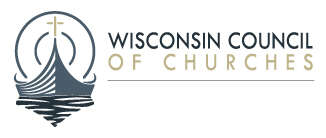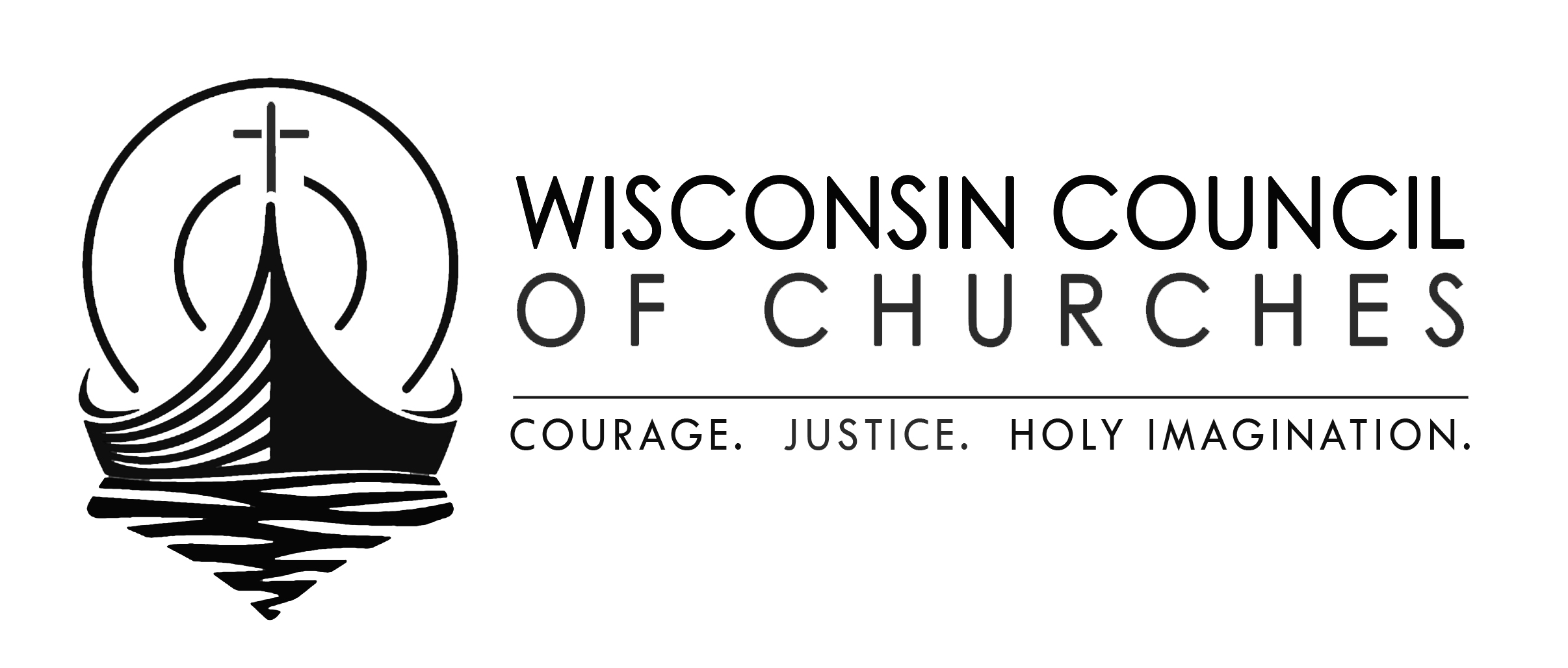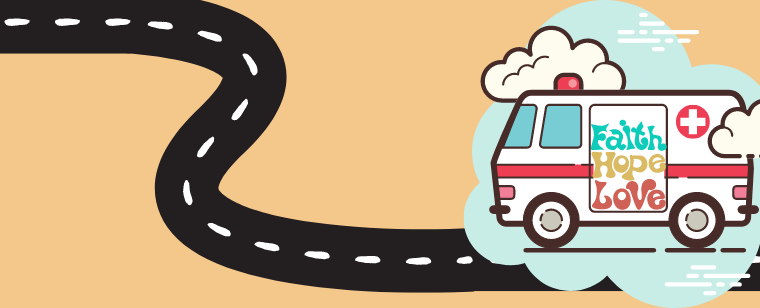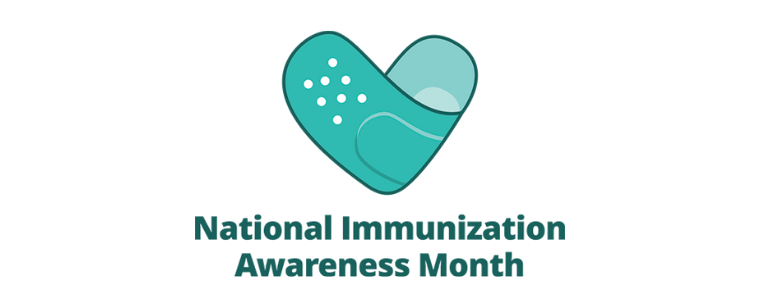Calling All Angels
I won’t give up if you don’t give up
“What is the WCC doing about this?”
“What churches are working on that?”
“How can we get in touch with churches in our area?”
Those were all questions asked—and asked often—at the recent Wisconsin Public Health Association meeting in Middleton. Peter Bakken of the WCC and Sharisse Hancock and Karren Lawson of the African-American Council of Churches in Madison joined me to present to the WPHA about the how and why of public health organizations partnering with faith communities. 70 people participated in the audience, in person or online.
We opened the session with a review of the Community Health Program’s work so far. Peter talked about the WCC’s efforts to recognize health care workers being overlooked in the early stages of the pandemic, and our attempts to get legislators and the Wisconsin Supreme Court to understand that no, in fact, COVID mitigations weren’t a deathly burden to all churches.
I focused on other subjects. There was the WCC’s support for pastors during the pandemic, and our COVID-safer guidelines. Of course I mentioned the stellar work of the churches who hosted vaccine clinics around the state! Sharisse and Karren filled in the details, talking about clinics and information sessions they organized.
This information was well-received, and we received several follow-up questions about our experiences. But what the audience really wanted to know was about the work being done in other areas. Mental health? Immunization and routine vaccination? Gun violence? Health equity? Drug and alcohol abuse? (When I asked if that last one was a priority for local health departments, nearly every hand in the room went up.)
I’m forgetting a couple in there, but I think the point is made. There’s an entire constellation of issues out there that health providers need to work on. And if the COVID pandemic made anything clear, it was the need for public health organizations to get out into their communities, including local churches and other congregations.
But as several audience members were brave enough to admit, their connections with faith communities were thin. In some cases they were non-existent. Part of the disconnect is that they don’t know where to start. Who do I call when I need to reach a bunch of churches in my county? And partly, it’s a matter of funding. When your department is three people, there’s not much time to invest in making phone calls to community organizations.
So the how of public health partnering with faith communities is pretty straightforward. Send me an email, and I’ll see if we can connect you to someone.
The why is another story.
Why us?
First and simply: Congregations put a lot of people together in the same place.
I recently heard a story from Bayfield County about their COVID vaccination team holding a clinic at a local senior center. By dumb luck, the center was across the street from a large Catholic church. And as mass let out, parishioners floated across the street to get their shot, doubling the outreach.
It sounds almost too basic to believe. But in a society with fewer and fewer gathering places, faith communities are an important way to reach a lot of people at the same time.
Just as important, though, churches represent the communities they serve. Their leaders are trusted sources of information. Their practices can normalize behaviors in the community. (But, as we found out with masking and social distancing, that’s not always the case.)
Congregations can also serve as eyes and ears for public health organizations.
Perhaps most important is that public health and faith communities share a lot of the same goals. As one of our panelists put it out of their own experience, acceptance of people with mental health challenges, or addiction, or who are a part of the GLBTQ community, makes a tangible difference in their health.
Health equity is equity. That includes a very broad range of activity, from advocating for broadband access for rural communities, to taking up racial inequities that fuel gun violence, to expanding health insurance.
In the same way, health disinformation is simply disinformation by any other name. The same techniques used to spread fear and hesitation about vaccination undermine confidence in elections. Pushing back on disinformation and social division is nothing other than democracy in action.
At the risk of tautology, then, health is health is health. The health of individuals is the health of the community is the health of faithful people in service to that community. Connecting the work of health with faith communities advances the mission of both. The proof is in the pudding, so to speak. There’s a very long history of health care institutions founded by religious organizations.
We’ve begun the work of building a coalition to build on what we’ve accomplished during the COVID pandemic. We’re hoping to make deeper work possible. As we plan for the future, it’s not too late to make your opinion known.
And when we call upon you for help, I hope you’ll answer.
P.S.: WCC Executive Director Kerri Parker is being honored by the United Church of Christ, her home denomination, in part for the Council’s work on COVID:
“Kerri’s demonstrated leadership created and shared so much information about how to deal with COVID — the Wisconsin Council of Churches was clearly ahead of the game — that others from around the country were looking to them,” said Pettis. “In fact, while others were reducing staff during these unprecedented times, Kerri’s team was applying to grants to respond to needs for racial justice and COVID, allowing her staff to at least double in size.”
Read, as they say, the whole thing.




